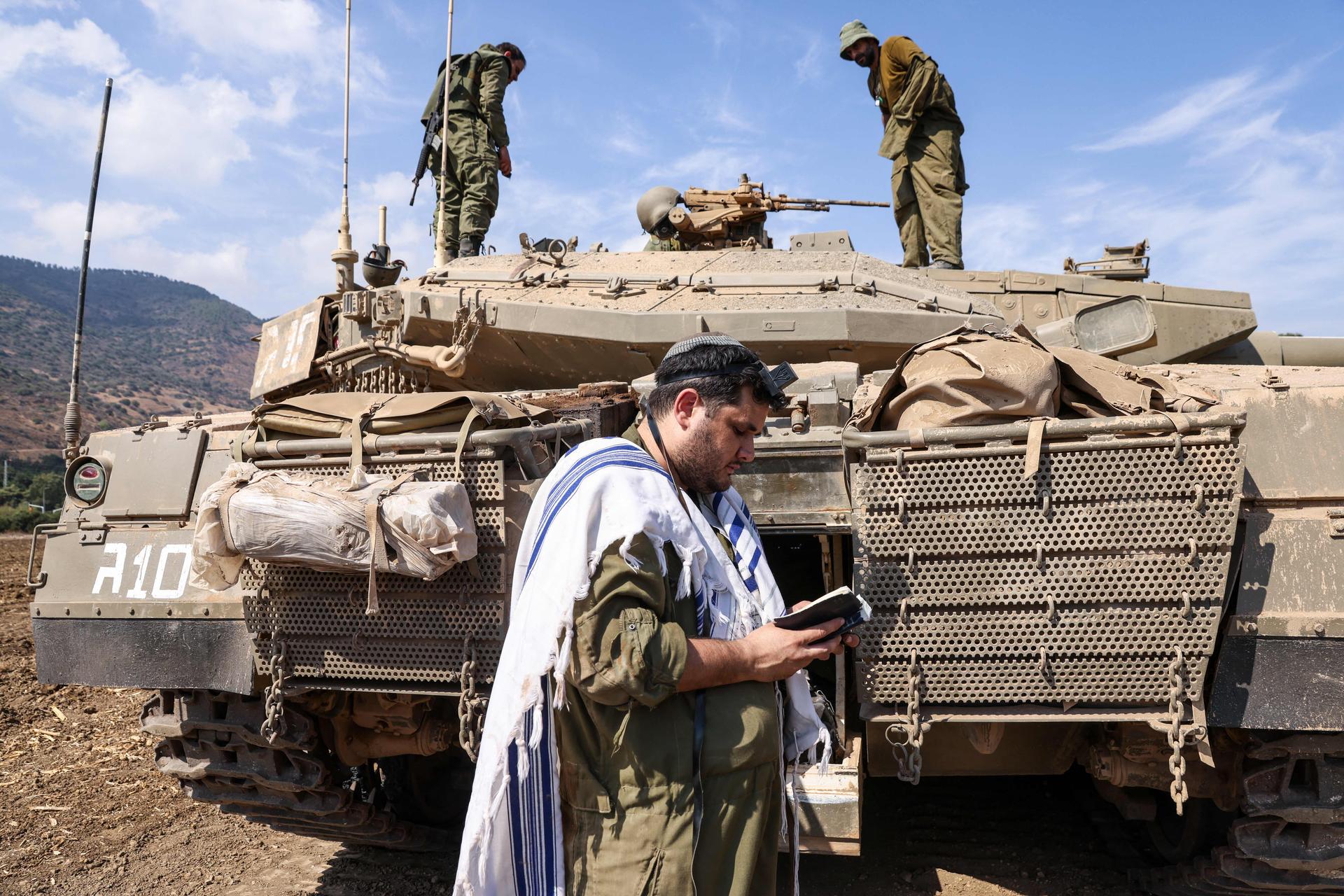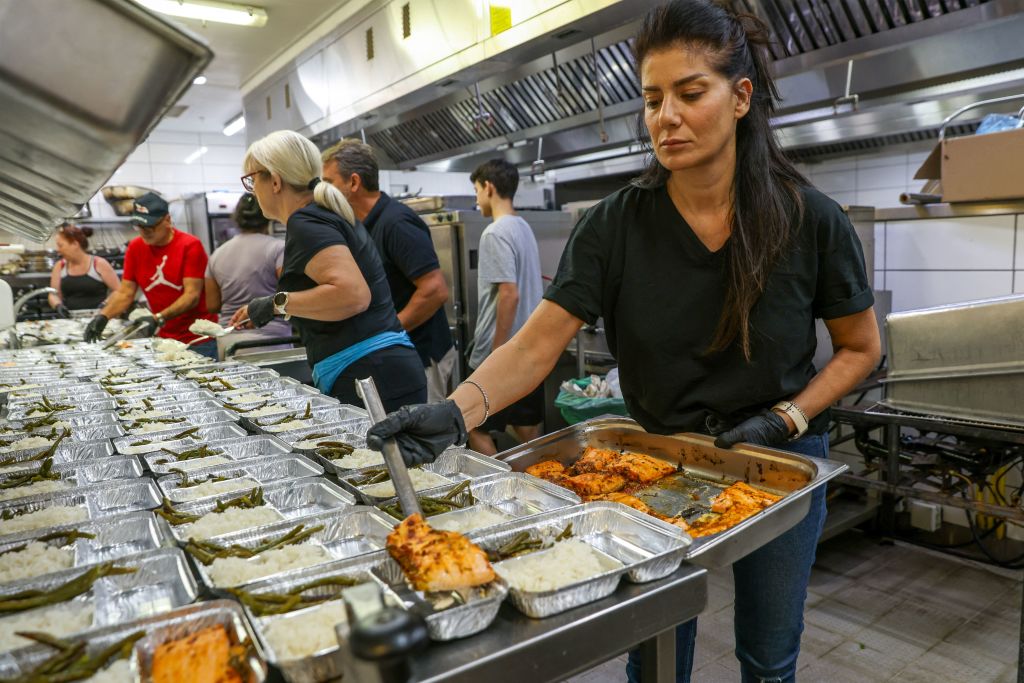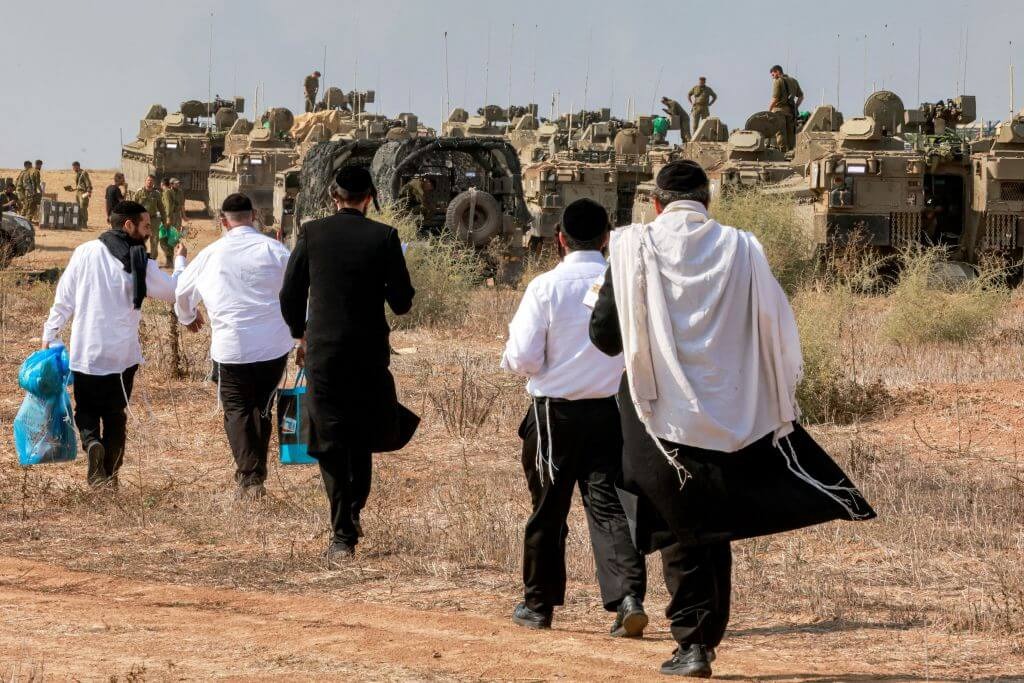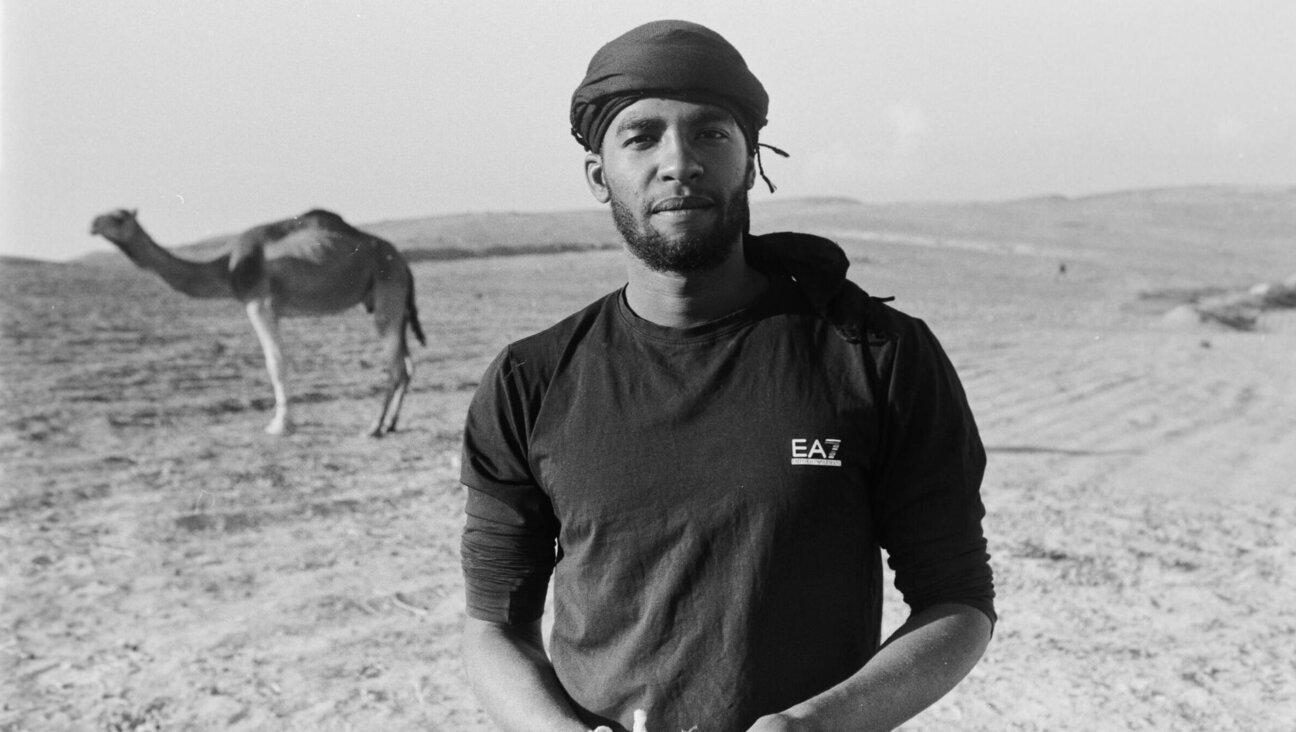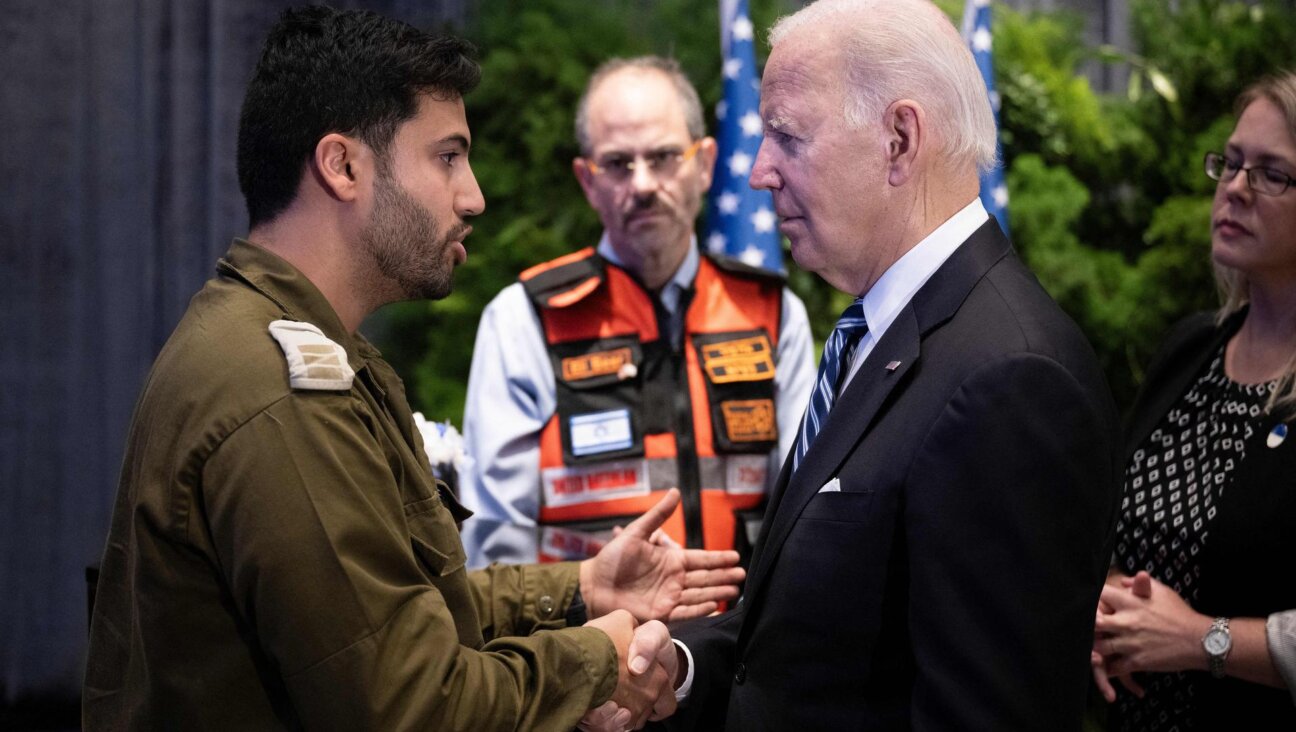Some 350 Israelis have been killed. Another 1,800 are injured. And an unknown number are in captivity, snatched from their homes in kibbutzim along the Gaza border, or from an all-night dance party in the desert. Prime Minister Benjamin Netanyahu warned his citizens and the world on Sunday to gear up for a “long and difficult war ahead.”
Air and ground battles continued on the second day of this unpredicted and unprecedented war between Israel and Hamas militants, with the Israeli Defense Forces saying fighting was ongoing in seven Israeli border communities and an army base. Palestinians in Gaza moved south, fearing an invasion by Israeli soldiers. The Gaza Health Ministry reported more than 300 Palestinians killed and nearly 2,000 injured. Meanwhile, two Israeli tourists were murdered in Egypt. Hezbollah said it had joined the fight by attacking three northern Israeli posts it considers Lebanese territory. Cities around the globe amped up security around places of worship; synagogues turned Simchat Torah celebrations into somber vigils; and airlines canceled some flights to Tel Aviv.
The world looks very different than it did only 30 hours ago. Our journalists are working to help you make sense of the sudden, shocking changes. You can also follow our partners at Haaretz for live updates throughout the day. |
Rockets fired from Gaza City were intercepted by the Israeli Iron Dome defense system early Sunday morning. (EYAD BABA/AFP via Getty Images) |
Israelis on the Gaza border outraged at weeks of government complacency “This is such a colossal failure,” said David Levy, brother-in-law of our senior columnist Rob Eshman. “A colossal political failure, diplomatic failure, intelligence failure and military failure, colossal like the Yom Kippur war.” Levy lives in a community that borders the Gaza strip. Residents of the area, he said, had spent weeks warning the government that Hamas troops seemed to be on the move, to no response. Now, he said, the lack of response felt like unforgivable dereliction. |
Residents sheltered in the basement of a building Saturday following a rocket attack from the Gaza Strip. (JACK GUEZ/AFP via Getty Images) |
Thousands of miles from home, Israeli teenagers learned the devastating news Five students from the central Israel town of Shoham had a sleepover at our editor-in-chief Jodi Rudoren’s New Jersey synagogue on Friday night. In the morning, as the rabbi they had traveled with tried to gently break the news, they and their American peers had tellingly different questions. “Is it a war or an operation?” asked an Israeli boy barely past his bar mitzvah, yet already sophisticated in his understanding of the situation. An American girl, meanwhile, wondered: “Is it safe for them to go home?” |
Palestinians walked in front of the al-Aqsa mosque on Friday. (AHMAD GHARABLI/AFP via Getty Images) |
Hamas is calling its attack ‘al-Aqsa Flood.’ Why is the Jerusalem mosque so important in Gaza? Al-Aqsa, which Jews call the Temple Mount, has long been a flashpoint in the Israeli-Palestinian conflict. The 3.5-acre site in Jerusalem’s Old City includes the Dome of the Rock and is the third-holiest site in Islam. It’s also Judaism’s holiest site, where the First and Second Temples once stood. Shortly after Israel captured the Old City in 1967, it gave control of the site to Jordan, and agreed to bar Jews and Muslims from praying there. But some ultra-nationalist Jews still do, especially on pilgrimage festivals like Sukkot, which ended Friday. Our Mira Fox has an explainer about the site’s significance and history. “Al-Aqsa is seen by many Palestinians as a symbol of their national ambitions, and the desire for a Palestinian capital in Jerusalem,” she writes. “In a statement about Saturday’s attack, Hamas directly referenced Jewish prayer at the site, calling it an act of ‘aggression’ that ‘had reached a peak,’” and referenced a “belief Israel plans to destroy the mosque and the entire compound, justifying the attack.” |
Residents of the southern Israeli city of Netivot wait near a bus before being evacuated to central Israel on Saturday. (GIL COHEN-MAGEN/AFP via Getty Images) |
Instead of dancing with the Torah, we are under attack Laura Ben-David woke up Saturday morning in Jerusalem, like many of her fellow Israelis, looking forward to spending the day dancing with the Torah in celebration of Simchat Torah. Instead, she found that the unthinkable had happened: Almost exactly 50 years after the surprise start of the Yom Kippur War, Israel had once again been caught unawares on a holiday, with devastating results. “How did we not know?” she writes. “How were we not prepared?” |
Join Jodi tonight as she moderates a conversation about Israel’s war and Hamas’ unprecedented attack at Manhattan’s 92NY. The panel includes former Israeli Ambassador to the U.S. Itamar Rabinovich, former U.S. Ambassador to Israel Martin Indyk, past president of the Council on Foreign Relations Richard Haass, and director of NYU’s Taub Center for Israel Studies Lihi Ben Shitrit. What does the conflict mean for Israel and the greater region? What’s the role of Iran? Did Israeli and American intelligence fail, and why? Above all: What’s next? Register here ➤ |
|
|
|
